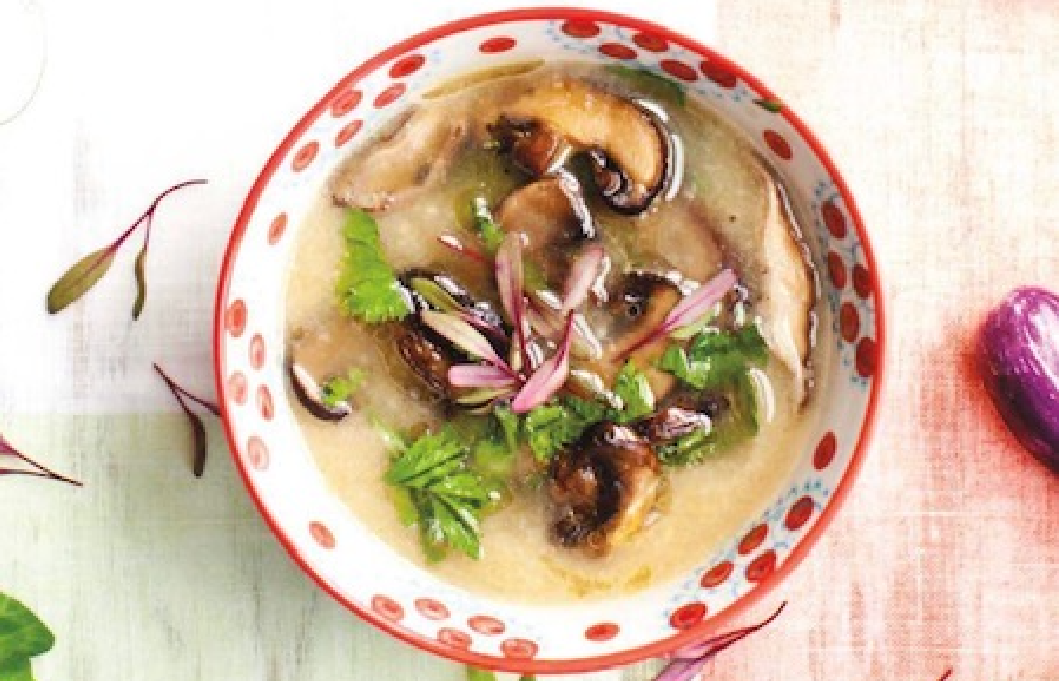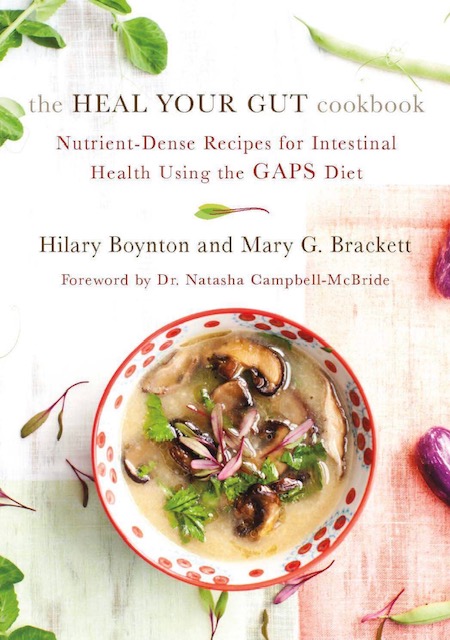The Importance of Gut Health
Almost every functional medicine patient who works with Dr. Danielle Litoff, DPT struggles with some type of gut health issues that are making them sick. Many women suffer from excess gas and IBS because of what they are eating and how their body is processing, or not processing, those foods. April is National IBS Awareness Month and we want to take this opportunity to talk about IBS and your health and provide some information on the GAPS diet and corresponding tips and recipes.
What is the GAPS Diet?
The GAPS diet is an elimination diet that involves cutting out grains, pasteurized dairy, starchy vegetables and refined carbohydrates. GAPS stands for Gut and Psychology Syndrome. According to the GAPS theory, a leaky gut—a term used to describe an increase in the permeability of the gut wall—allows chemicals and bacteria to enter your bloodstream, causing a host of health consequences. We work with our functional medicine clients on an elimination diet that follows the rules of the GAPS diet. The benefits to the diet is that a number of health conditions, specifically digestive disorders, can be identified and ultimately resolved by eating only foods that work in concert with your body so that you feel your best.
GAPS Diet Tips for People with IBS
For people with IBS, it is especially important to eat cooked food vs. raw. The body can digest cooked food much easier than raw and it is less intensive on your gastrointestinal system. We are big fans of The Heal Your Gut Cookbook by Hilary Boynton and Mary Brackett. Here are some of their high-level suggestions to follow the GAPS diet and start healing your gut and relieving IBS.
- Homemade stocks from fish, beef, chicken, turkey, and lamb: Make sure to reserve and utilize bone marrow and soft tissues in soups
- Soups with well-boiled vegetables and meats
- Meats: beef, pork, lamb, goose, pheasant, turkey, shellfish, and chicken, boiled in stock or filtered water
- Chopped liver: Liver is a nutritional powerhouse that can be cooked into any soup
- Well-cooked vegetables, with all fibrous stems and peels removed: beets, bok choy, broccoli (no stalks), brussels sprouts, carrots, cauliflower (no stalks), collard greens, eggplant, French artichokes, garlic, green beans, kale, onions, peas, peppers, pumpkin, spinach, squash (winter and summer), tomatoes, turnips, and watercress
- Animal fats: tallow, lard, goose, chicken, duck
- Coconut oil
- Sea salt
- Peppercorns: black, green, and white (whole, to flavor soups and stocks only)
- Probiotic foods: 1 to 2 teaspoons per day of homemade fermented vegetable juices (pickle or sauerkraut) and whey, yogurt, sour cream/cultured cream, and kefir, cultured for at least twenty-four hours, if there is no dairy allergy; if you are sensitive to dairy, follow the dairy introduction protocol
- Filtered water
- Teas: Fresh gingerroot and turmeric tea, and loose herbal tea (chamomile is good)
- Lemon juice mixed with warm filtered water
- Raw honey in small amounts






